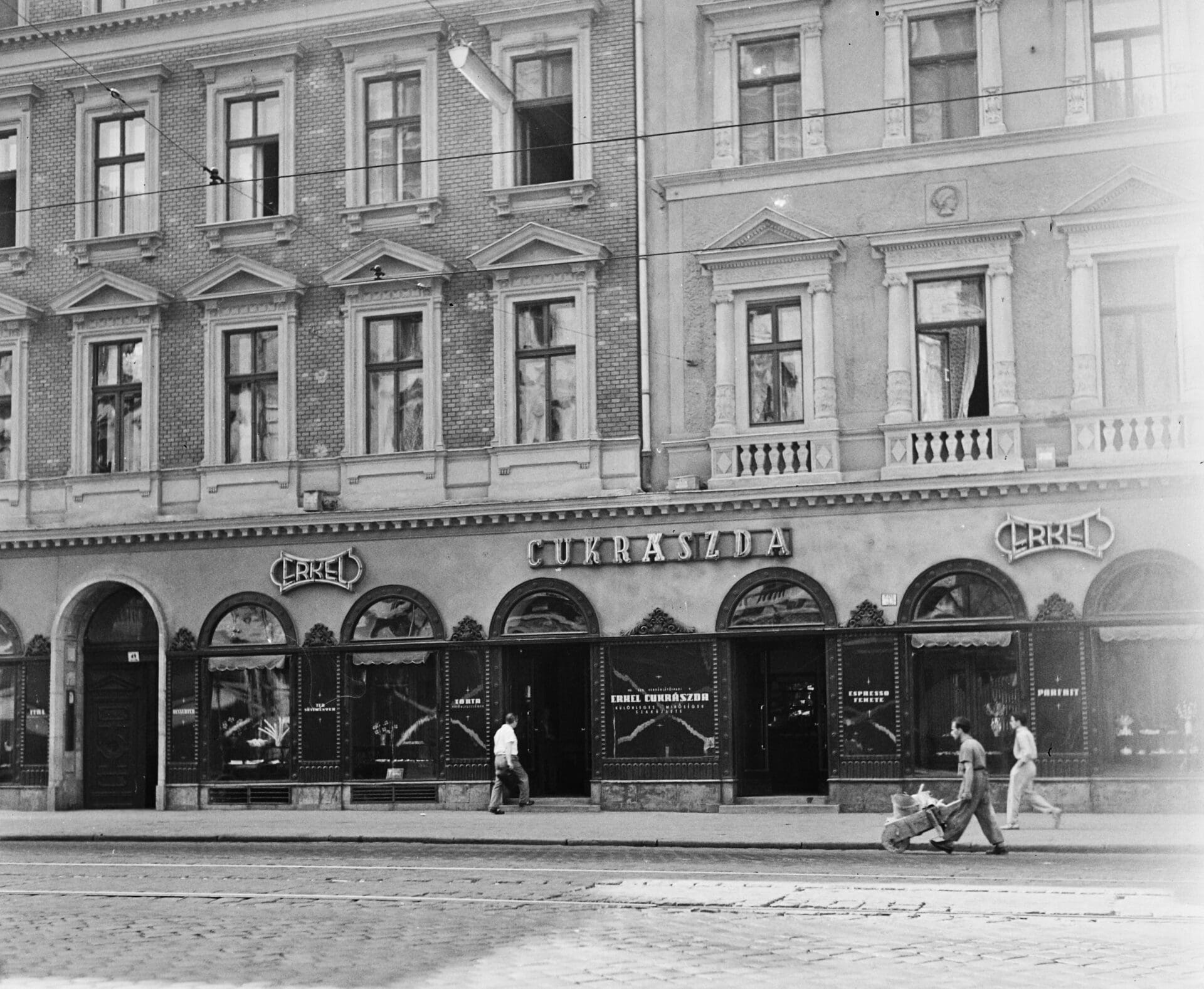One of Budapest’ oldest and most iconic cake shops, Hauer has announced that it is closing due to the rising energy prices. The 130-year-old shop was also badly affected by the decline in tourism during COVID times and has also been losing customers as the Hungarian economy is slowly slipping into crisis. Due to the EU’s misguided sanctions policy against Russia, small and medium-sized Hungarian businesses struggle to cover their energy costs, while ordinary people have cut back on spending as a result of the rise in inflation.
The cake shop was first opened in 1890 by Nándor Kazilek, at a location that in those times was still on the outskirts of the rapidly developing capital city. After his death his widow, Mária Guth continued to run the business, but it really started to flourish after Mária married Rezső Hauer, a pastry chef who had studied and worked at Hungary’s at Hungary’s most important confectionery industry enterprise, Stühmer and number one pastry shop, Gerbeaud. Hauer took over the business in 1899, renamed it Hauer Cake Shop, and introduced new cakes and gateaux that soon gained popularity. Thanks to Hauer’s tasty pastries, the shop soon became popular among the Budapest elite and started to expand—new, luxurious spaces were gradually added to the initially one-room outlet.
The pastry shop had three floors and occupied 1,300 square metres. The French-style elegant halls, which included a ‘snacks room’ as well as a ‘bridge room’, stages and exclusive dining areas was a space for the elite to gather, discuss public affairs and enjoy the homemade and fresh specialities of Hauer. In the early 20th century, the shop was especially famous for its special ‘Hauer cream’ and other cakes filled with marzipan and pineapple.
The vicissitudes of the business began in 1949, when the state socialist regime consolidated and launched an attack on entrepreneurs. As part of the transformation of the Hungarian economy from a free market to a planned economy, the Communist government nationalized all businesses that employed more than ten workers—at the time, Hauer employed over 110. During these years, the cake shop remained open, but now as part of a large state-run collective and under a different name. Soon after the regime change, however, the cake shop was privatised and in 1991 (after 101 years of continuous operation) the Hauer Confectionery was closed for years. After the company was sold to a new owner, its building was renovated and re-opened under the original name in 2002. Between 2006 and 2017 Hauer was again out of business, but it reopened in 2017. But Hauer fans did not have long to be happy that their favourite cake shop was serving delicious sweets again—this month, due to the sanctions-induced crisis, the 130-year-old confectionary had to be closed again.
The closure of the famous and beloved Budapest cake shop shows the extent to which the Hungarian economy is affected by rising energy prices and inflation induced by the EU’s sanctions policy against Russia. But it is not only the Hungarian, but the entire European economy that has been affected by the crisis, and it seems, to a greater extent than the Russian economy. The negative consequences of the sanctions affect not only ordinary Hungarian citizens, the majority of whom oppose the sanctions, but Hungarian ventures as well that now how to bear the costs of the prolonged conflict.








